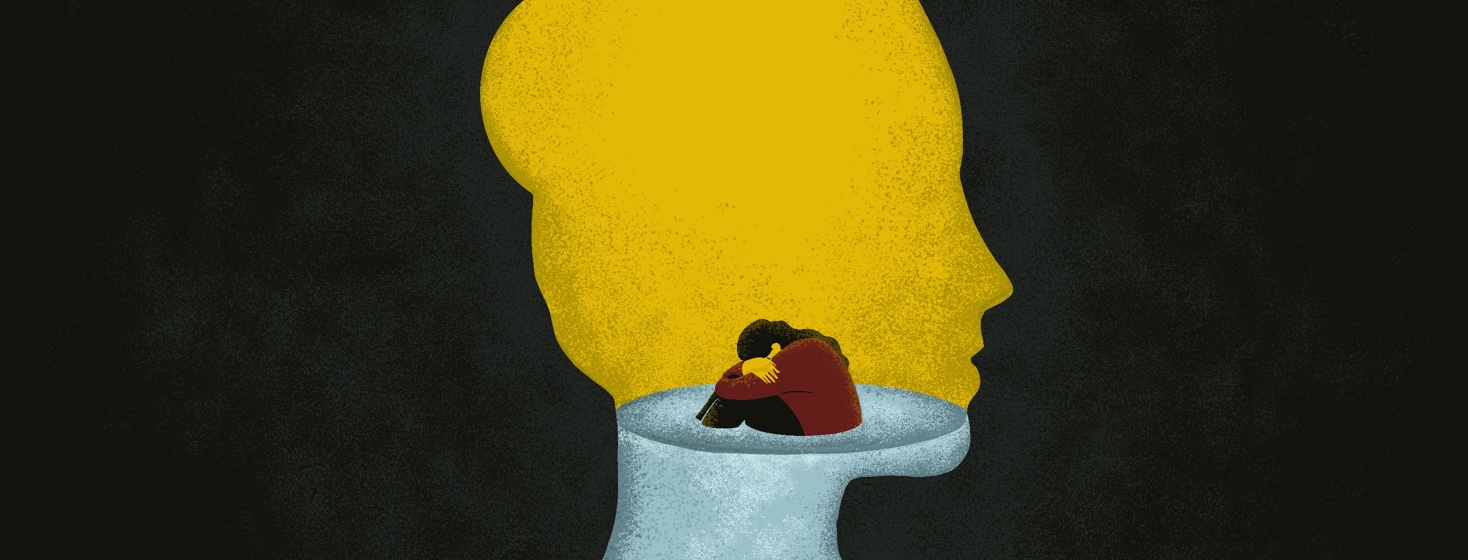The Struggle You Don’t See
If you saw me in the street you would never suspect I have cancer. You would see a slightly overweight senior citizen who likes to walk her dog and work in the garden. To look at me you would not suspect the number of physical traumas and long term side effects that plague me and other cancer survivors.
Appearances can be deceiving
This appearance of health and vitality is deceptive. One of the chief complaints I hear from other survivors is that when they have finished treatment when the hair has grown back and the weight is back on their family assumes they are cured. No more concessions need to be made. No further accommodations required.
"They don’t understand...I still have to deal with this every day and they want to pretend it’s gone away."
Our scars dictate that we find a new normal
People expect that as we put distance between ourselves and treatment we are better. We look better, therefore, we must be over it. Nothing could be further from the truth.
The reality of lung cancer is that our scars dictate that we find a new normal. I dislike that phrase but it is the one that best fits our new reality. Most of our scars are internal. They lie deep within our torsos where others cannot see them and they affect us our every waking moment.
The physical and emotional fatigue can be overwhelming
Scar tissue replaced the cancer tissue, and scar tissue does not transmit oxygen and nutrients to the blood. There is less lung tissue doing the job and that affects us in important many ways. Think about how tired you feel when you have a cold. That fatigue is due to your bronchioles being blocked by mucous making it harder for you to breathe. Add to that, my heart has to work harder to pump oxygen and nutrients to my body. Most of us live with constant fatigue.
Sometimes the fatigue will be overwhelming. Chores that we once didn’t give any thought to now require planning. Will we be able to get through it? Do we have the physical stamina to carry it off? Will I have energy left to make dinner? To eat it? To brush my teeth? Walk the dog? How long will it take to recover? Will I be able to get out of bed tomorrow or will it take two days?
I know better not to make snap judgments
Before cancer, when I would see a seemingly healthy person park in a handicap spot I would grumble about them borrowing a hangtag. I believed they were preventing someone who really needs that spot from using it.
Today I know better now. Instead of grumbling about them taking a place from a truly handicapped person I send up a small prayer for their health. Walking in extremes of temperature and humidity is an extra challenge for someone with compromised lungs (and many other chronic diseases).
Pain and fear are constant companions
We deal with the side effects of treatment every day. In my case, osteoporosis was exacerbated by steroids used during treatment. I have 4 collapsed vertebrae, and eight ribs that have broken or cracked, some more than once. Pain is a constant companion. And constant pain is a drain physically and emotionally.
Fear is another constant companion. So far I have survived a cancer that has one of the lowest survival rates. But for how long? When will it return? Will we catch it on time? Will this treatment hold the cancer at bay for a little while longer?
We must lift each other up
You don’t have to acknowledge everything I’m going through all the time but, please, don’t treat me as if there was nothing wrong. If I want to talk about my fears, then acknowledge them and their validity. If you see me struggling, give me a lift up. Don’t dismiss me.

Join the conversation